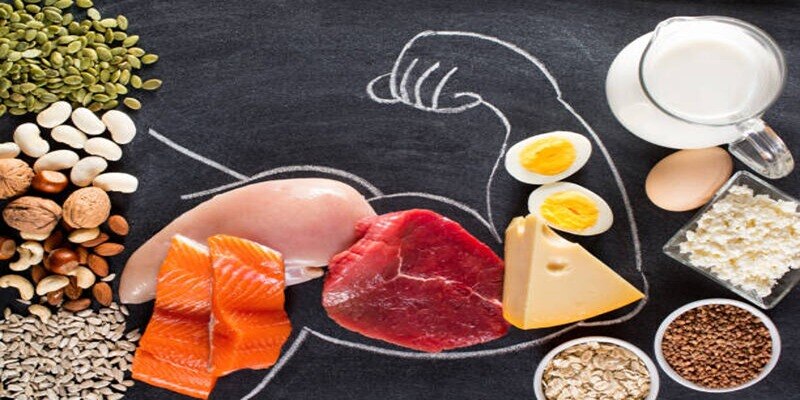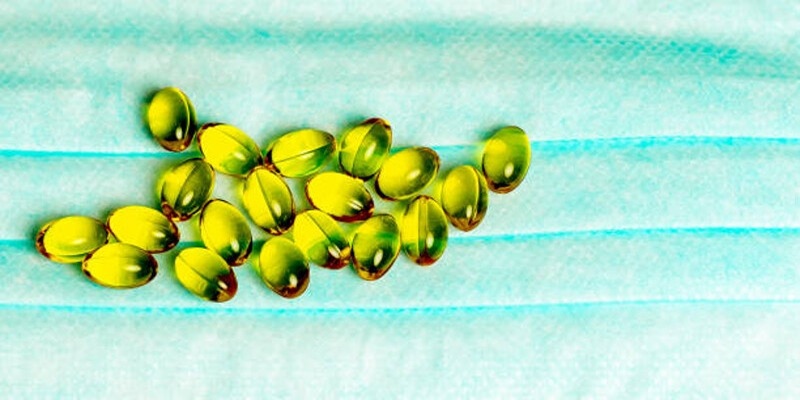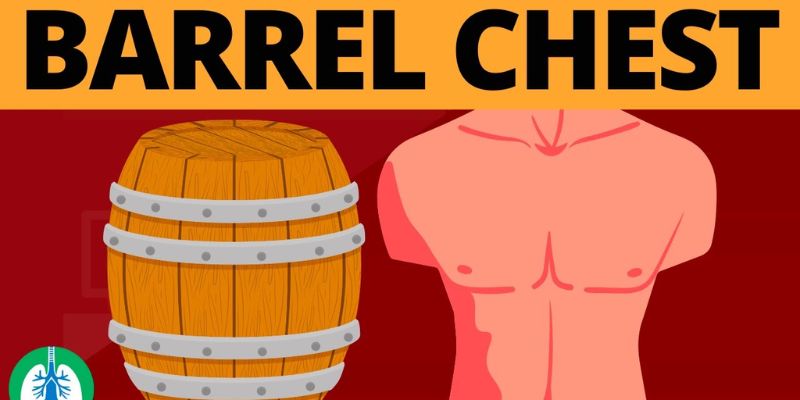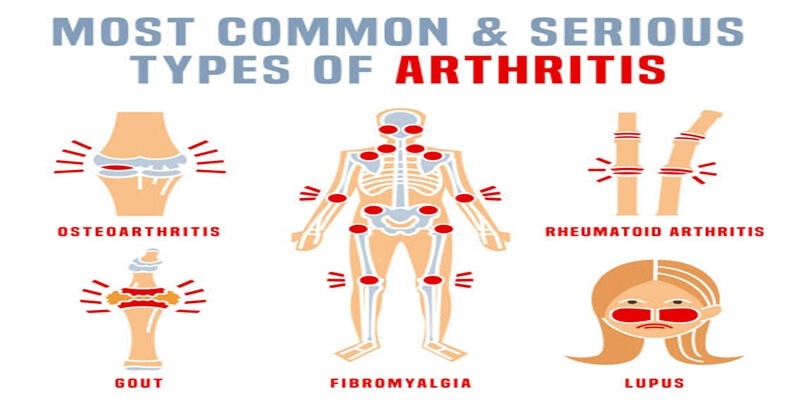Do you want to build muscle and lose weight? Eating foods with a high protein content can help naturally boost the metabolism, improve lean muscle growth, and support fat loss. As each person's lifestyle is different, it's important to find protein sources that fit with your daily routine - which is where this post comes in! Our complete guide will show you exactly which high-protein foods are best for various health goals so that you can start putting together meal plans or snack ideas to fuel your fitness journey. Read on to learn more about some of the top protein issues like dairy products, fish, nuts &'' beans!
Basics of high-protein foods and why they are important for muscle gain and weight loss:
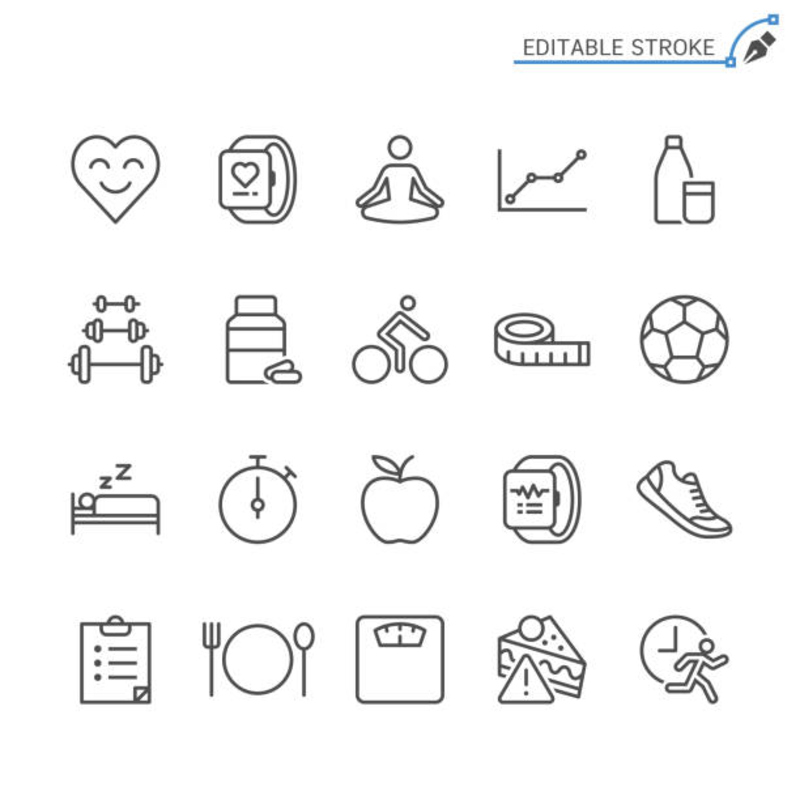
Protein is essential for muscle growth and repair, but it also serves several other important bodily functions. Not only does protein help build and repair cells, it helps stabilize blood sugar levels and can even aid in hunger control. Additionally, when the body breaks down protein, it produces energy through a process known as thermogenesis - meaning that eating high-protein foods can boost metabolism and help the body burn calories more efficiently. This is one of the reasons why it's so beneficial for people looking to build muscle or lose weight.
Examples of High-Protein Foods:
When it comes to high-protein foods, there are a wide range of options available that can fit into any diet plan. Dairy products like yogurt, cheese, and milk are excellent sources of protein as they contain all 9 essential amino acids. Fish is also a great choice for its healthy unsaturated fats that can help improve heart health. Nuts and beans like almonds, walnuts, chickpeas, lentils, and kidney beans are packed with fiber and plant-based proteins. Other good options include eggs, tofu, and lean meats like chicken breast or turkey.
How Much Protein Should You Eat?
The amount of protein you need on a daily basis will depend on your individual fitness goals and lifestyle. For muscle gain, some athletes may need to increase their protein intake by 10-15%. It’s important to note that it's possible to consume too much protein, which can lead to digestive issues and other health problems.
Identify healthy sources of protein that can be incorporated into your diet:
Adding high-protein foods to your regular meal plan is an excellent way to support muscle gain and weight loss. To make sure you’re getting a balanced diet, be sure to include lots of fresh fruits and vegetables along with healthy proteins like yogurt, nuts &'' beans, fish, lean meats, and eggs. You can also consider adding protein powder into smoothies or shakes for a quick and easy way to increase your daily protein intake.
No matter what diet you choose, the most important thing is to make sure your body has all the nutrients it needs to stay healthy and strong. Eating high-protein foods can help support muscle gain and weight loss, but don’t forget that getting regular exercise and staying hydrated are also key components of a balanced lifestyle. With the right combination of diet and exercise, you can achieve your health and fitness goals in no time!
Creative ways to cook up high-protein meals :
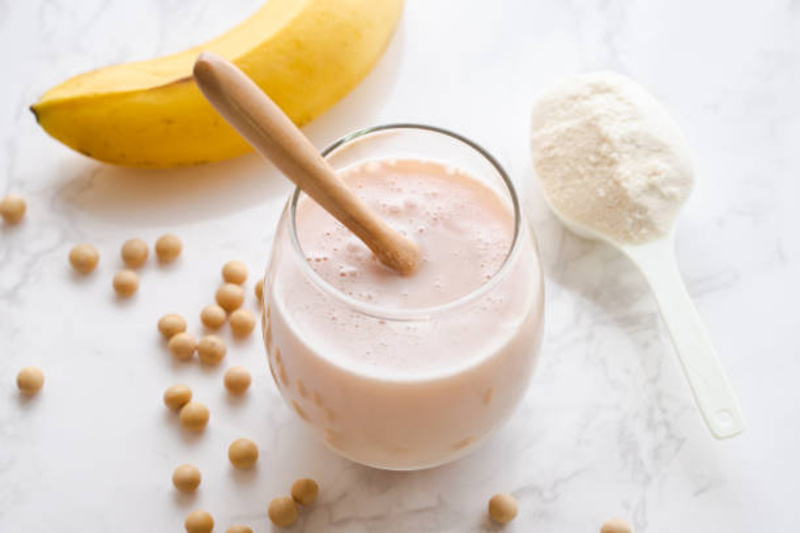
If you’re looking for ways to get creative with high-protein meals, there are plenty of delicious options out there. Try making an egg and vegetable scramble, a hearty black bean and quinoa burrito, or a creamy Greek yogurt parfait for breakfast. For lunch, pack a protein-rich wrap with grilled chicken and vegetables, or make a hearty quinoa and bean salad. For dinner, try grilling salmon with asparagus or making a stir-fry with tofu and your favorite vegetables.
These are just a few of the many high-protein meals you can make on a regular basis to support muscle gain and weight loss. With some creativity and the right ingredients, you can create delicious and nutritious meals that are sure to satisfy your appetite!
Discover the best snacks to help you keep your energy levels up :
Snacking can be an important part of any fitness plan, as it helps to keep energy levels up throughout the day. Some great high-protein snacks include homemade trail mix with nuts and seeds, Greek yogurt with fruit, hard boiled eggs, and protein bars. Additionally, you can make smoothies or shakes using protein powder for a tasty treat that provides plenty of nutrients.
High-protein snacks are a great way to stay energized on the go, and they can also help you curb cravings and reduce overeating throughout the day. When choosing snacks, it’s important to still opt for nutritious options that will support your overall health. For example, instead of reaching for processed junk food or sugary treats, opt for a protein-rich snack like trail mix or Greek yogurt.
Get tips on how to control portion sizes for better weight management results:
Portion control can be an important part of any weight management plan. For high-protein foods, it’s recommended to aim for around 20-25 grams per meal, depending on your specific fitness goals. As a general rule of thumb, one serving size is usually equal to the size of your palm or a deck of cards.
Finally, it’s important to remember that getting enough exercise is just as important as watching your portion sizes. Aim for at least 30 minutes of physical activity every day - whether it’s a walk around the block or a full-body workout session - to help boost metabolism and promote healthy weight loss. With the right combination of exercise and portion control, you can achieve your fitness goals in no time!
Conclusion:
It’s clear that incorporating high-protein foods into your diet is an important step in achieving muscle gain or weight loss. Not only do these foods provide essential nutrients that help support your overall health, but they can also help boost metabolism and energy levels. To get the most out of your diet, be sure to include a healthy mix of fresh fruits and vegetables along with lean proteins like eggs, fish, beans &'' nuts, yogurt, and tofu. Additionally, remember to watch portion sizes and stay active to promote better weight management results. With some creativity and the right lifestyle habits, you can easily reach your fitness goals!
FAQs:
Q: What are some healthy high-protein snacks?
A: Healthy high-protein snacks include homemade trail mix with nuts and seeds, Greek yogurt with fruit, hard boiled eggs, and protein bars. Smoothies or shakes made with protein powder can also be a quick and easy way to increase your daily protein intake.
Q: How much protein should I eat per meal?
A: It’s recommended to aim for around 20-25 grams of protein per meal, depending on your specific fitness goals. As a general rule of thumb, one serving size is usually equal to the size of your palm or a deck of cards.
